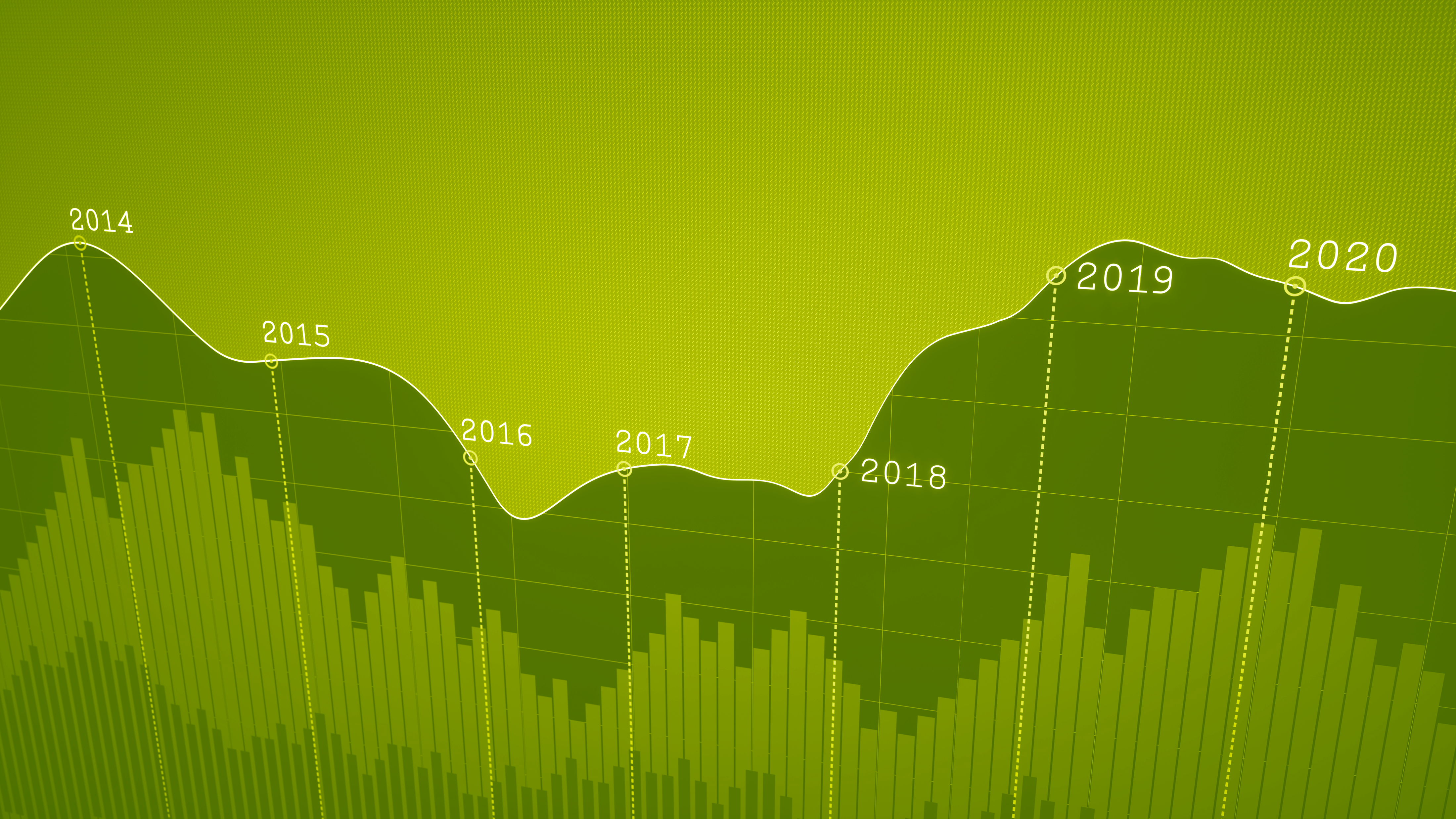Training Program

Public Sector Debt Statistics (PSDSx)
Deadline passed
Session No.: OL 23.180
Location: Course conducted online
Date: May 1, 2023 - April 15, 2024 (50 weeks)
Delivery Method: Online Training
Primary Language: French
Target Audience
Officials whose main responsibility is compiling and disseminating public sector debt statistics.
Qualifications
Participants are expected to have a degree in economics, public financial management, statistics, or equivalent experience. Access to a computer with a reliable Internet connection and a Google Chrome web browser and basic Microsoft Excel skills are essential.
Course Description
This course, presented by the Statistics Department, covers the fundamentals needed to compile and disseminate comprehensive public sector debt statistics (PSDS) that are useful for policy- and decision-makers, as well as other users. The course introduces the conceptual statistical framework for PSDS—as presented in the Public Sector Debt Statistics: Guide for Compilers and Users 2011 (PSDSG 2011)—in the context of the government finance statistics (GFS) framework, which is harmonized with other macroeconomic statistical frameworks. Basic concepts, definitions, and classifications are covered, along with the principal accounting rules (including valuation and consolidation) that are relevant for PSDS compilation. The course discusses the recommended instrument and institutional coverage for compiling comprehensive, internationally comparable PSDS, and how to record contingent liabilities such as government guarantees. It also deals with the impact on PSDS of some debt-related issues such as debt assumption, debt forgiveness, on-lending, financial leases, and financial bailouts. Important PSDS compilation considerations—including what PSDS to compile and disseminate—and the IMF’s guidelines and standards on disseminating PSDS are also covered. The course also presents possible uses of PSDS, including debt sustainability analyses (DSA), and fiscal risk and vulnerability analyses.
Course Objectives
Upon completion of the course, participants should be able to:
- Explain the essence of the GFS framework and how it relates to public sector debt statistics.
- Apply the main macroeconomic principles to determine what is considered to be debt in the accounts of the debtor.
- Apply the main macroeconomic principles to determine who is the debtor, classify the debtor appropriately inside or outside the public sector, and identify the types of counterparties to the debt instruments.
- Use the principal macroeconomic accounting rules to compile public sector debt statistics.
- Compile a comprehensive and internationally comparable public sector debt statistics report, with supplementary tables, that is suitable for fiscal policymaking and analyses.
- Explain the importance of comprehensive, consistent, and comparable public sector debt statistics in various facets of fiscal policymaking, including Debt Sustainability Analysis (DSA).
Compiling Climate Change Indicators - An Accounting Approach (ICCI)
English | April 6-10, 2026 | In-person Training | New Delhi, India
Apply online by February 25, 2026
Insurance Supervision - IFRS17 Implementation
English | April 12-15, 2026 | In-person Training | Male, Maldives
Apply online by February 25, 2026
Inclusive Growth (IG)
English | May 25, 2026 - June 5, 2026 | In-person Training | Vienna, Austria
Apply online by March 1, 2026
Financial Development and Financial Inclusion (FDFI)
English | May 25, 2026 - June 5, 2026 | In-person Training | Vienna, Austria
Apply online by March 1, 2026
Module 1 Compiling Annual GDP Estimates in FCS Using Limited Source Data
English (Arabic) | June 21-24, 2026 | In-person Training | Kuwait City, Kuwait
Apply online by March 2, 2026


